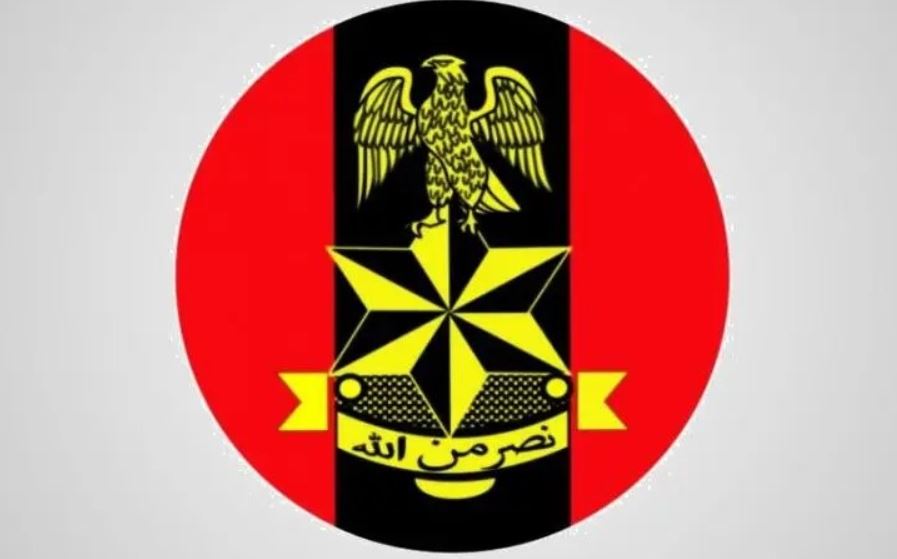
When Was The Nigerian Army Established
The Nigerian Army was established in 1956. It was formed initially as a small force to protect British colonial interests in the region. Over time, it grew in size, eventually becoming the primary military force of independent Nigeria.
READ ALSO: Top 10 Largest Army Barracks In Nigeria
History Of Nigeria Army
The history of the Nigerian Army started in 1863 when Lieutenant John Hawley Glover formed the Constabulary Force.
This group was mostly made up of freed Hausa slaves, and its main job was to protect the Royal Niger Company from threats, especially from the neighboring Ashanti Empire. Over time, this force grew in size and became more capable, meeting the needs of the British Empire in West Africa.
Eventually, the Constabulary Force became two separate units, the Ghana Regiment and the Southern Nigeria Regiment.
By 1900, these units were incorporated into the Royal West African Frontier Force (RWAFF) after the British reorganized their African colonial forces.
During World War II, Nigerian soldiers were part of the British forces and fought in campaigns in East Africa and the Far East.
By the time Nigeria gained independence, the army had grown, but divisions within the ranks began to show, partly due to the colonial practice of recruiting soldiers from different regions.
While the infantry came from the north, more technical roles were filled by educated Southerners during the expansion of the force in the Second World War.
After independence, there was a push to make the army more Nigerian-led, and this led to the promotion of local officers.
During the Nigerian Civil War (1967–1970), the army grew rapidly, reaching a strength of 120,000. However, the quick expansion caused issues with training and leadership, as there were not enough experienced officers.
Some officers ended up commanding large units without proper experience. This resulted in a lack of coordination among the divisions, which fought more independently than as a unified force. The war also exposed some challenges in professionalism, as seen in tragic events like the Asaba massacre.
Despite these difficulties, the army managed to bring the war to an end, with figures like then-Colonel Olusegun Obasanjo playing a major part in reorganizing his command to improve logistics and administration.
After the Civil War, the army underwent reorganization, with its divisions being restructured. Initially, there were three divisions, but by the end of the war, there were four, each covering different regions. The deployment of the divisions was eventually changed to focus on specific sectors.
Over time, the army has continued to evolve, with formations like the 1st Division in Kaduna and the 2nd Division in Ibadan, as well as the creation of new divisions, such as the 7th Division in 2013, specifically to fight Boko Haram.
In recent years, the Nigerian Army has made several advancements, including its largest Presentation of Colours ceremony in 2023, where new flags were given to units, symbolizing their importance and pride in the nation’s defense.
READ ALSO: List Of Army Barracks In Nigeria And Their Locations
List Of Departments In Nigeria Army
Here are all the departments In the Nigeria Army:
- Department of Army Administration
- Department of Army Logistics
- Department of Army Operations
- Department of Army Policy and Plans
- Department of Army Training
- Department of Civil-Military Affairs
- Department of Special Services and Programs
- Directorate of Army Public Relations
- Cyber Warfare Command
- Army Transformation and Innovation Centre
- Welfare Limited/Guarantee
List Of Army Locations In Nigeria
Here are 45 lists of barracks in Nigeria and their locations


